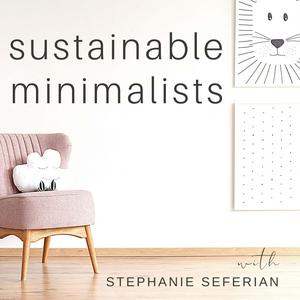Women have been targeted for decades with the message that shopping is recreation. It’s a way to relax and unwind, sure, but recreational shopping also contributes to the climate crisis, supports the worst of shareholder capitalism, and creates an awful lot of unnecessary waste.
Enter Buy Now: The Shopping Conspiracy, a hard-hitting new Netflix documentary that forces viewers to look at our waste-related woes. On today’s show producer Flora Bagenal offers a behind-the-scenes look at the documentary’s creation; she also answers your pressing, post-viewing questions.
A note from Stephanie: This episode was recorded before the Los Angeles wildfires. If you're able, please consider donating to one of these organizations.
Here’s a preview:
[7:00] People find it hard to look at waste, and yet the film makes us look. A behind-the-scenes examination all those hard-hitting images
[16:30] Adidas, Amazon, Unilever, and Apple: Here's why the film featured former employees-turned-whistleblowers
[26:00] Corporate execs must show growth, and corporations are on a treadmill of extracting more and more $$ by pushing unnecessary and redundant products. Is not buying an effective act of resistance?
[30:00] Mindset shifts! Quality is a climate issue, and once you press ‘Buy Now’ you become responsible for the item’s end of life
[36:00] Exactly how to Use. Your. Rage!
Resources mentioned:
This show is listener-supported. Thank you for supporting!
Join our (free!) Facebook community here.
Find your tribe. Sustainable Minimalists are on Facebook, Instagram + Youtube @sustainableminimalists
Say hello!
[email protected].

